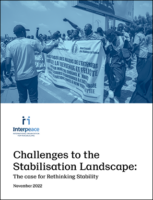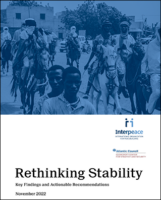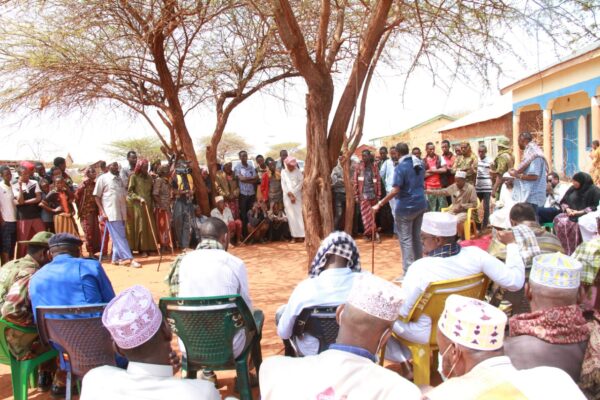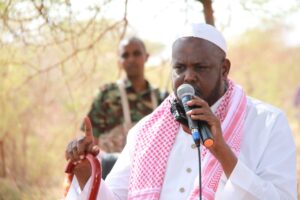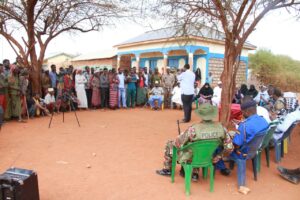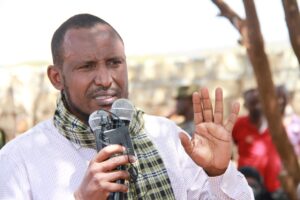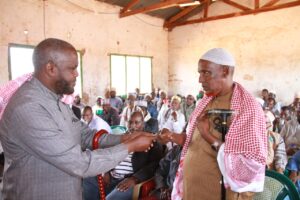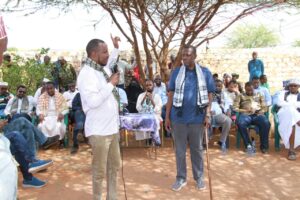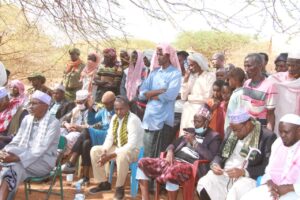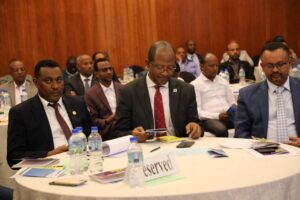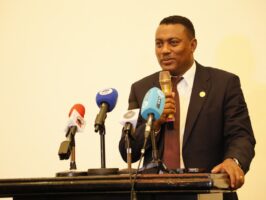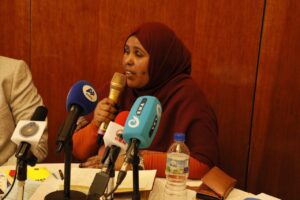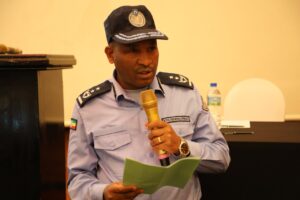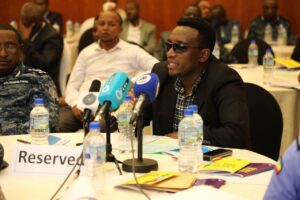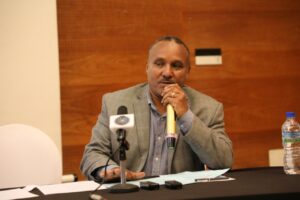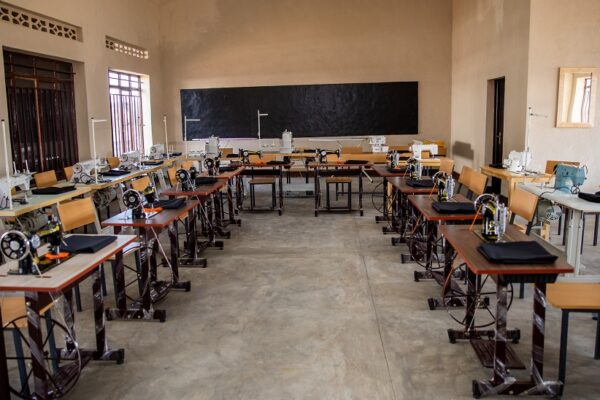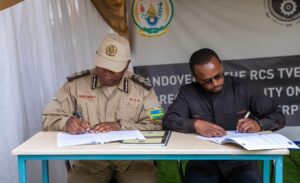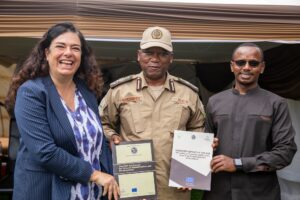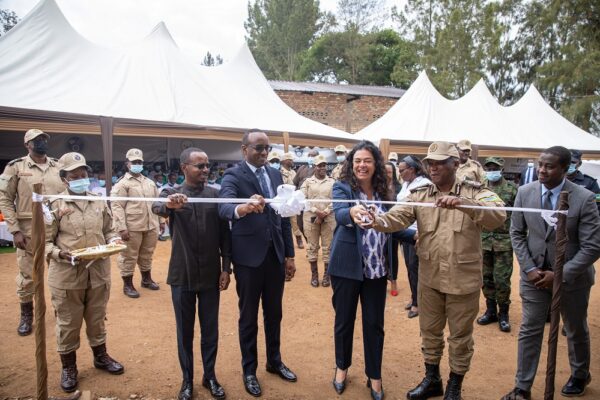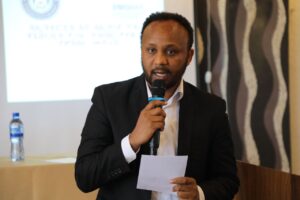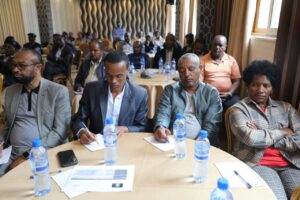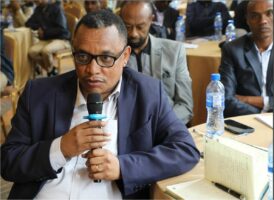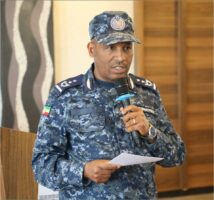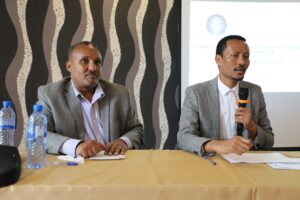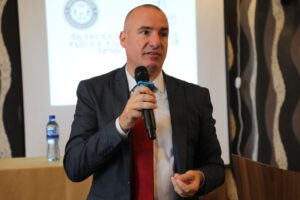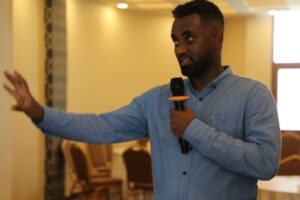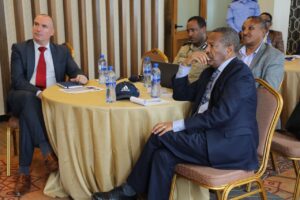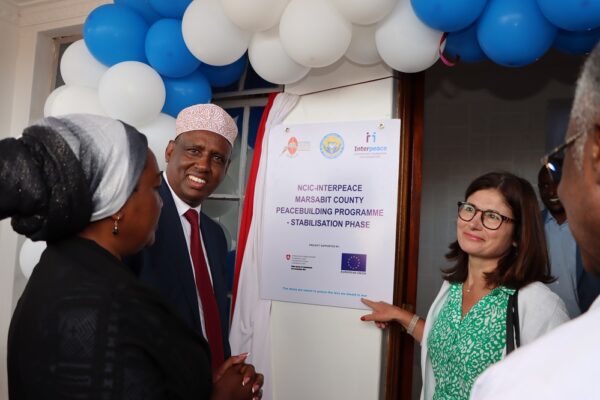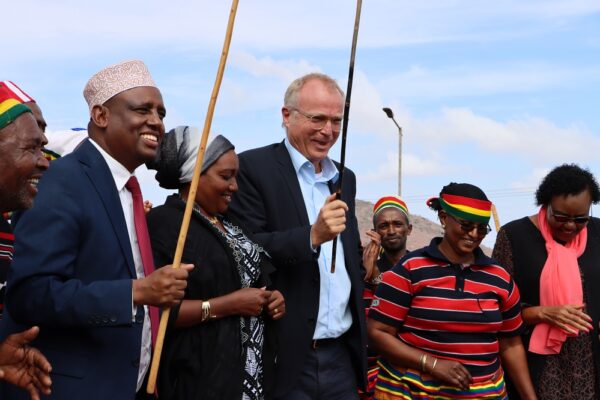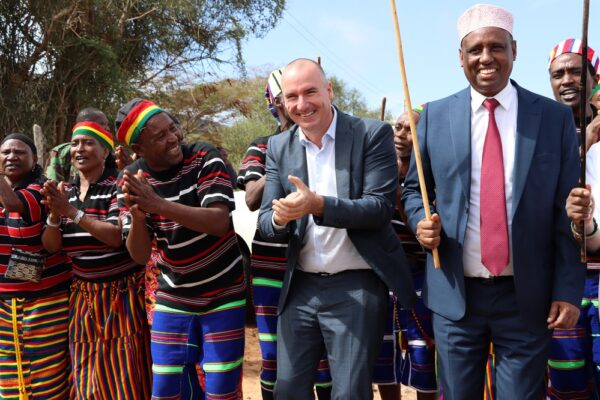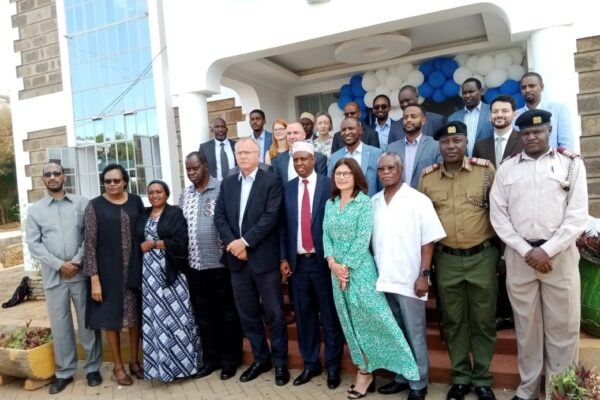Why we need to “Rethink Stability” – Challenges & Recommendations
“Stabilisation” has become a major part of the international toolbox in conflict affected areas. Despite their stated purpose of reducing violence and laying the structural foundations for longer-term security, these efforts have too often not only failed, but on occasion made conflict worse.
In response, Interpeace in partnership with Atlantic Council, led a two-year initiative called Rethinking Stability with the support of the Bundesakademie für Sicherheitspolitik (BAKS) and the financial support of the Governments of Germany, Netherlands, Sweden and Switzerland. Through five dialogues on three continents, in-depth research, and discussions with over 1000 policymakers, academics, practitioners, and citizens experiencing stabilisation initiatives, the project aimed to revisit and question the conceptual and operational norms behind stabilisation efforts and improve the prospect of future work contributing to lasting peace.
The initiative culminated in two reports: the first, Challenges to the Stabilisation Landscape: The case for Rethinking Stability, describes the specific challenges that have hindered stabilisation efforts; and the second Recommendations paper, suggests operational ways to address them.
Key challenges & Lessons Learned
The experiences of twenty years of stabilisation interventions in Iraq, Mali, DRC, Afghanistan, Libya and elsewhere will significantly shape future efforts. To meaningfully rethink, redo and improve the ways in which stabilisation activities are conducted, it is critical to draw the correct lessons from these experiences.
At present, ambiguity around what ‘stabilisation’ is and how it is done has led to competing priorities among security, humanitarian, development, and peacebuilding actors. This has made it difficult to develop a clear strategic vision of success around which actors can orientate their different strands of work, resulting in poorer peace outcomes for conflict affected populations.
Compounding this definitional and strategic ambiguity has limited conflict analysis. Working from incomplete conflict analyses has seen stabilisation efforts stall, or else operate in conflict insensitive ways. As such, efforts have listed and lingered, with little success in transforming the social and political drivers of conflict that would permit a safe exit strategy.
Moreover, people affected by conflict have rarely been given sufficient opportunities to design the stabilisation activities that shape their lives. In pursuit of ‘returning the state,’ stabilisation efforts tend to get stuck at the elite level in capital cities, hindering a much more inclusive process that impedes broader national input, ownership and support. This continues despite clear evidence that overly focusing on the central government, securitising one set of elites, and turning national capitals into fortresses, is no recipe for stability. Exploitative elites, corrupt bureaucracies, and captured or poorly functioning institutions have all been propped up in the interests of immediate stability, only to emerge later as significant obstacles to reform and new sources of popular grievance. This version of ‘stability’ can only be sustained by continued international military support, and is far removed from the inclusive, self-sustaining stability that people living in conflict affected areas require.
Indeed, securitised responses alone are unfit to meet what are really political, social, and economic drivers of instability. These need to be addressed through multi-disciplinary and integrated approaches able to complement each other. This has serious implications for staff recruitment, retention, and incentivisation, not to mention where funding is directed and to what end.
Learning and adaptation is difficult in unstable areas. Movement can be limited as can access to reliable data, whilst contexts can change quickly. However, resources must be apportioned to make evaluation and learning a critical component of every stabilisation programme despite these challenges. Otherwise it is verging on impossible to know whether progress is being made and where to adapt and improve. Beyond resources and capacity, the culture of stabilisation may need to shift. Stabilisation is very difficult work with setbacks highly likely. However, there is evidence that on occasion there has been pressure for staff to demonstrate success when, in fact, efforts have not been going to plan at all. All actors will need to arrest this trend and foster a culture of honesty, reflection and support. Only then can failures become learning moments rather than missed opportunities to improve.
The first paper dives deeper into these and other challenges and begins to show how more inclusive political strategies, principled approaches and realistic timelines may generate better stabilisation outcomes for people.
Actionable Recommendations
For those working on stabilisation who will have to grapple with these issues in the near future, the answers cannot be framed around the same logic of securitisation that has defined the past. Instead, the challenge will be to describe, with much more clarity, how stabilisation activities will contribute to the development of genuinely inclusive political processes able to improve governance, and construct systems, networks and institutions necessary to recognise and respond to the real grievances behind people’s instability.
To that end, and although stabilisation is understood in different ways, actors appear to agree on three central tenets around which more integrated and principled work could be designed:
- Stabilisation activities should improve the stability and peace of communities in active armed conflicts.
- It is fundamentally a political process and cannot be attained by security arrangements alone.
- It should be temporary and transitional, designed to achieve the peace conditions required for legitimate stability, so that international actors can move away from security and other functions that should be the preserve of host governments.
Peace conditions are changes that conflict affected populations themselves deem necessary for durable peace and stability. Introducing it marks an important reframing of what achieving genuine stability entails. Peace conditions are put in the center of the recommendations paper, which refocuses stabilisation work on collectively understanding and responding to the political and social drivers of instability in each context. The paper makes 30 recommendations, divided across Strategic Planning, Operations, and Learning & Adaptation. Three key recommendations include:
- Ensure stabilisation efforts are locally and nationally owned by defining peace conditions jointly with key stakeholders. These can offer a strategic framework to guide action and measure progress, and a shared agenda for the humanitarian-development-peace nexus, promoting the right action by the right actor at the right moment.
- Plan exits and encourage inclusive political transitions from the start. Plans will change over time, but decisions on when and how to exit and transition should not be tied to temporal deadlines or international political whims, but based on progress towards the achievement of peace conditions indicating it is safe to do so.
- Design theories of change that are rooted in political economy analysis and describe how activities will solve the real problems driving instability. Theories should not privilege state authority discourses, but improve trust, resilience, and the social contracts at the core of positive peace. This approach is likely to require more support for hybrid governance solutions, and a stronger focus on resilience and prevention.
Realising peace conditions will certainly require smarter policies, practices, and resources used, and some of the recommendations address this. However, as a field, the larger challenge will be to change our stabilisation habits and processes that have brought us to where we are. Some may find this aspiration, and perhaps the very notion of peace conditions, naïve. Yet, as current stabilisation efforts stall, any serious effort of Rethinking Stability obliges us to decide what we need to improve both as individuals and institutions to make sure that future efforts are a wholesale improvement on how we currently operate. We hope these recommendations can support that process of introspection and change, and refocus future efforts on what has too often been a secondary consideration: achieving inclusive and sustainable peace for people living in conflict affected environments.
